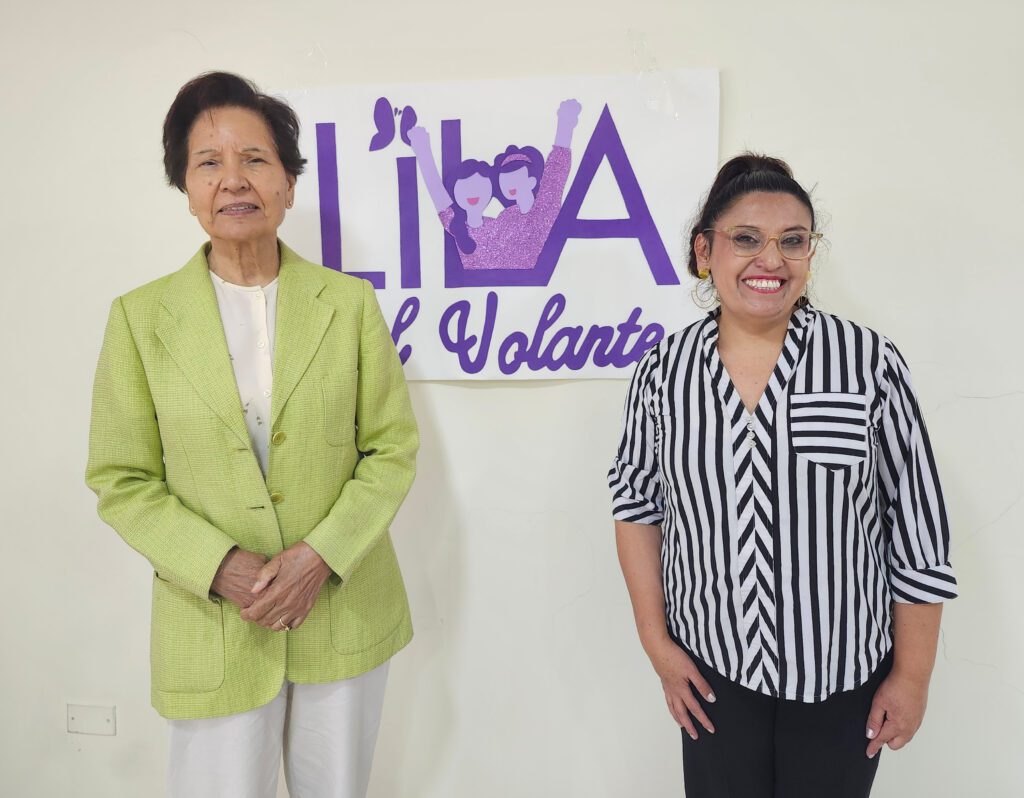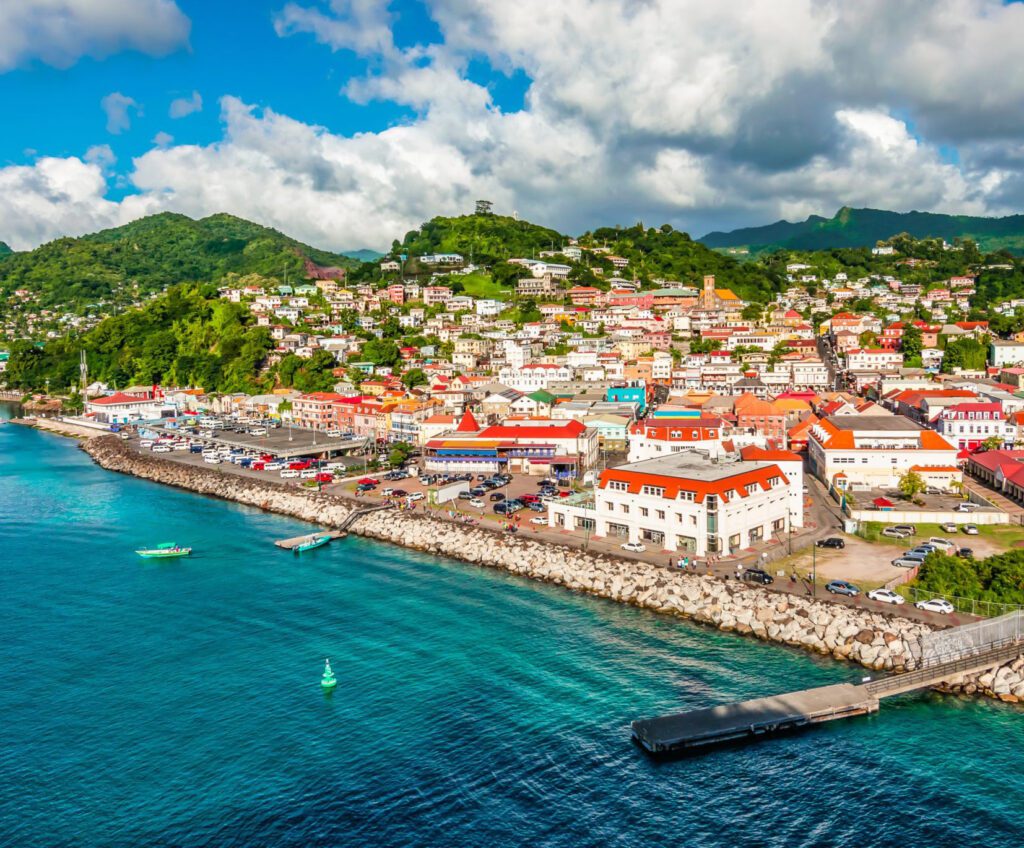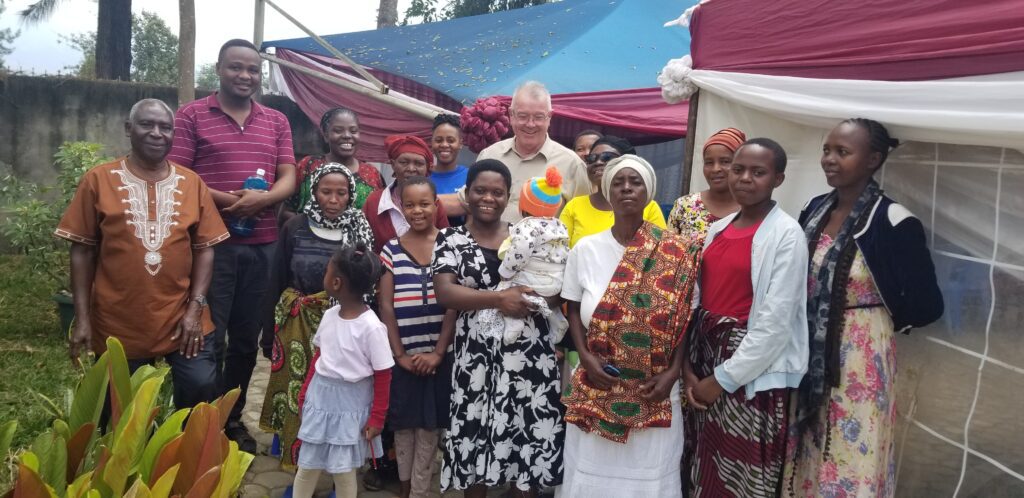Combatting Addictions in Togo Through Government Partnerships
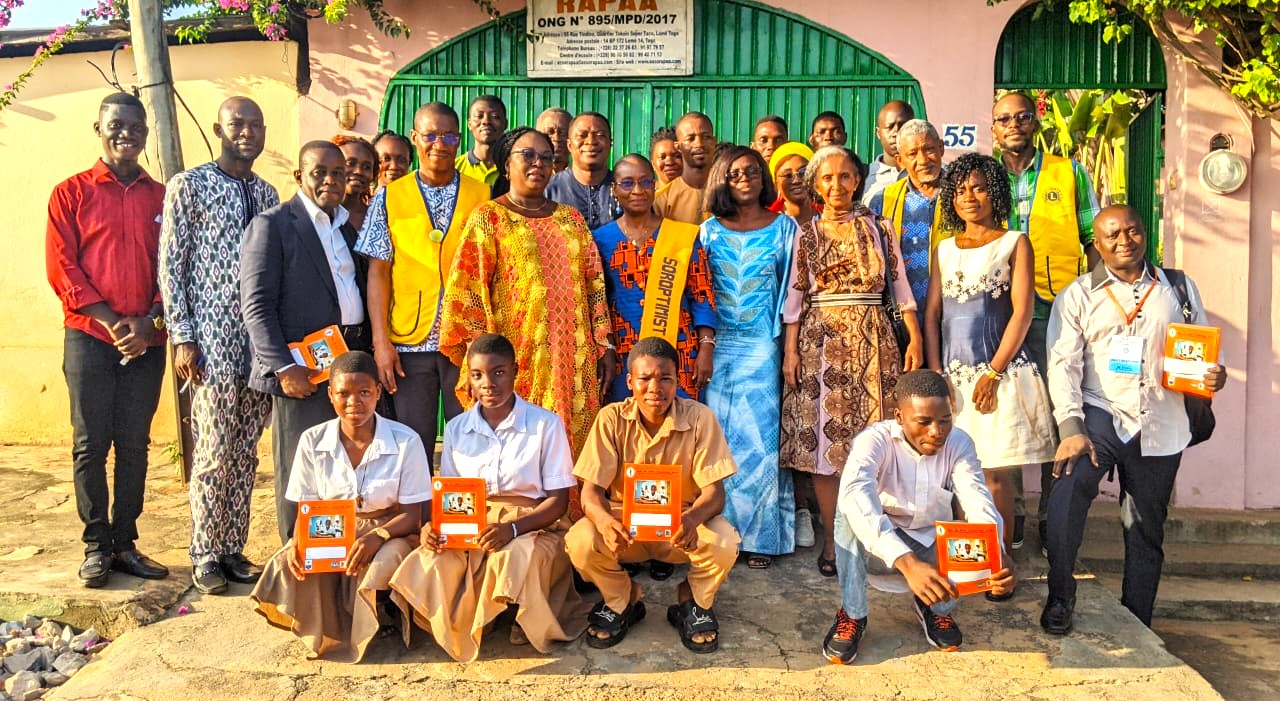
Written by: Sawadogo Sibiri
An NGO based in Lomé, Togo, Recherche Action Prévention Accompagnement des Addictions (RAPAA), has a mission to combat addictions. Founded in 2013, RAPAA recognizes that tobacco, alcohol, and drug addictions are a growing issue in West Africa, particularly affecting the young and at-risk populations.
After 10 years, RAPAA has developed expertise and partnerships that make it a lead NGO recognized by the government and stakeholders. However, given the scale, complexity, and socio-cultural aspects of this issue, RAPAA needs to increase their funding to strengthen its capacity for action and make an even greater impact. With this in mind, RAPAA sought Catalyste+’s support.
The goal of the assignment was to help RAPAA improve its resource mobilization. This involved designing a database of potential partners who could fund RAPAA’s interventions; supporting the design of a RAPAA NGO presentation document; supporting the design of a portfolio of projects to be submitted to partners and training members in fund mobilization; and responding to calls for projects.
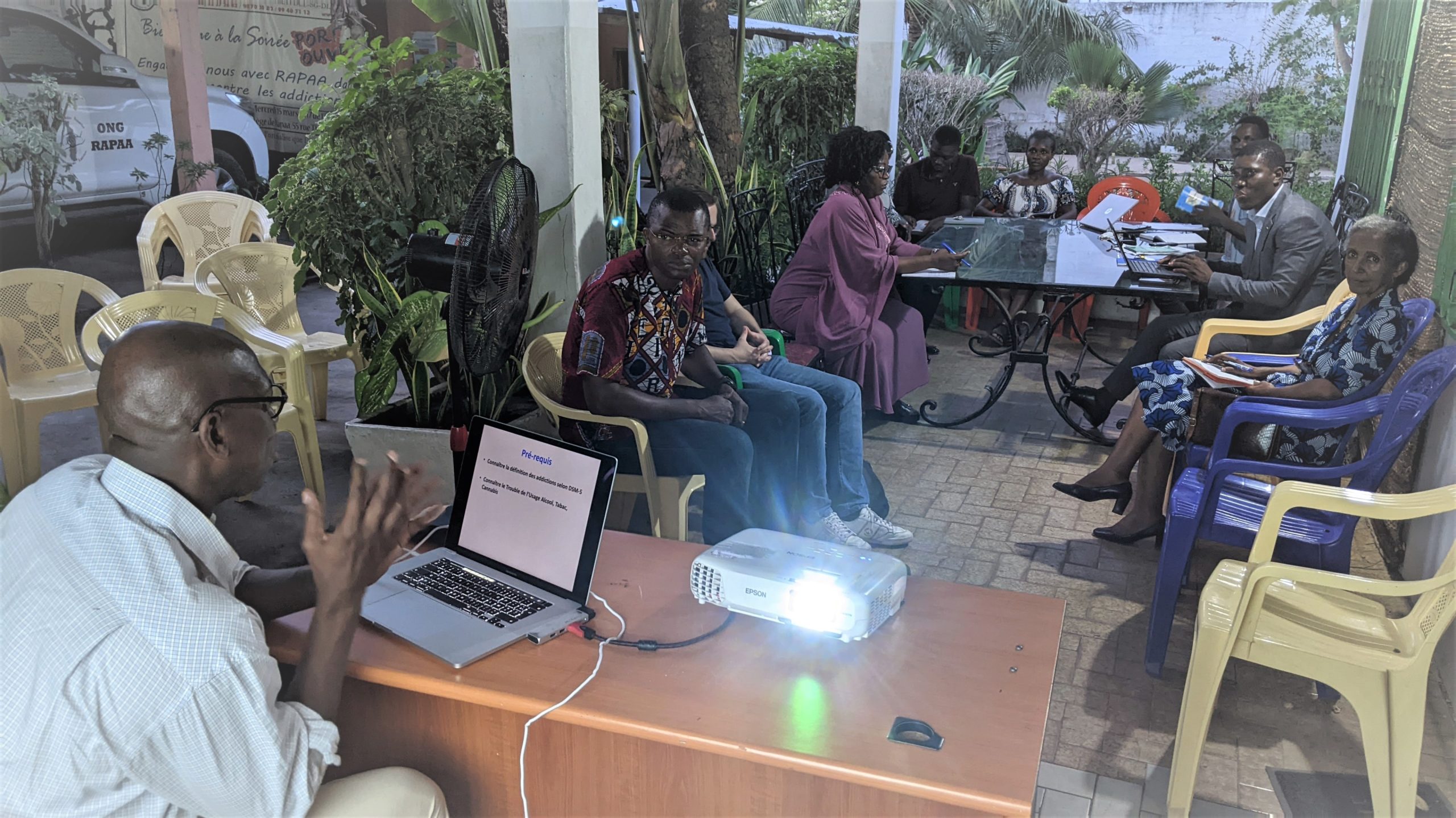
Sawadogo Sibiri, Catalyste+ Advisor (CA), acted as a facilitator in the implementation of the adopted work plan. This involved preparing the documents for the PowerPoint presentations, facilitating discussions, drafting meeting minutes, creating progress reports, and offering feedback on the results analysis. Sawadogo ensured that staff would take ownership of the process and the results.
The approach consisted of developing an in-depth knowledge of RAPAA’s vision, objectives, organization, resources, experiences, and constraints. An intervention strategy and work plan were drawn up in conjunction with the members. This participatory approach was essential to take into account the demands and agendas of staff and board members.
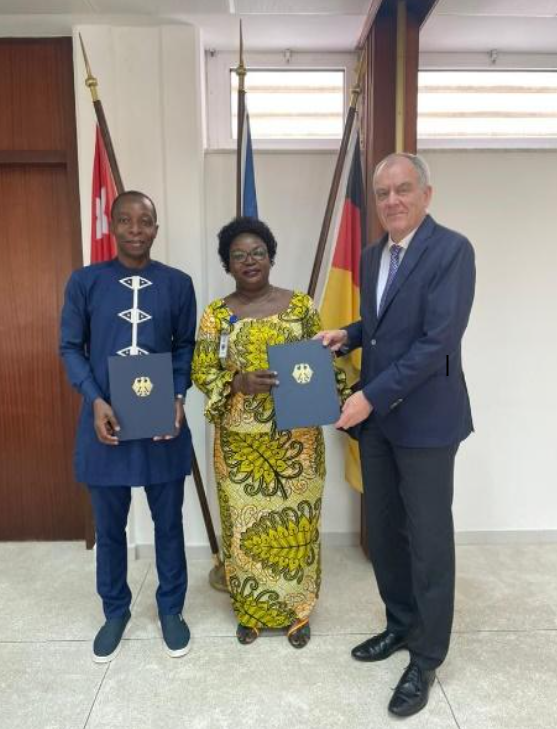
Members of the Board of Directors of the NGO RAPAA and the German Ambassador to Togo at the convention signing ceremony in Lomé on July 5, 2024.
At the time of the assignment, the German Embassy in Togo launched a call for projects. RAPAA designed a youth prevention project–construction of a basketball court and awareness-raising activities–following Sawadogo’s advice. The project was selected and RAPAA received funding of approximately 30,000 CAD.
Throughout the assignment, RAPAA reached many milestones, including the creation of a RAPAA NGO presentation document; an Excel database of potential RAPAA donors; a portfolio of projects to submit to partners, five of which have been developed; and fundraising training for members.
Since the end of the assignment, the NGO has established contacts with the Unité de Santé Internationale (USI) of the Université de Montréal to host trainees, Medicine for all People (MAP) in the United States, and Canadian NGOs based in Togo, like Carrefour International, SUCO.
Eager to continue growing, RAPAA is hoping to appoint representatives in more countries to facilitate technical and financial partnerships. A new representative has already been appointed in Canada, and more are underway.
